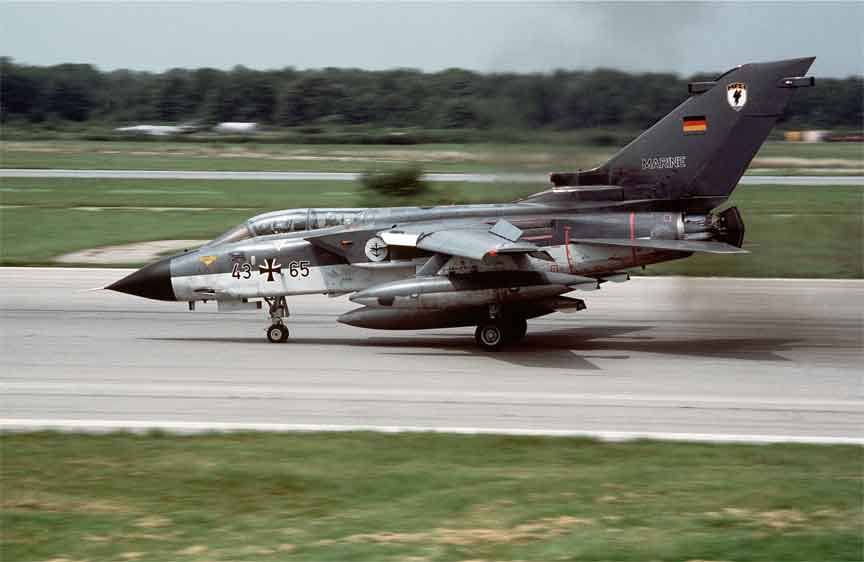1955 Germany Joins NATO
In October 1955, a NATO meeting voted to terminate the occupation of West Germany. The vote also called for the continued presence of NATO troops in West Germany. At the meeting, it was further decided to admit West Germany to the alliance as a member.
Germany joined the North Atlantic Treaty Organization (NATO) on May 9, 1955, as part of a broader strategy to integrate West Germany into the defense structures of Western Europe and the North Atlantic region. This was a significant event in the early Cold War period, coming just ten years after the end of World War II. The inclusion of Germany in NATO was a sensitive and complex issue, given the nation's aggressive past and the horrific events of World War II.
Germany had been divided into East and West Germany following the defeat of the Nazis in 1945, with the latter being formed out of the zones occupied by the United States, the United Kingdom, and France. West Germany was established as the Federal Republic of Germany in 1949, and its integration into Western military alliances was seen as a way to ensure its democratic and peaceful development.
The decision to include West Germany in NATO was driven by several factors:
-
Security Concerns: The Soviet Union was expanding its sphere of influence in Eastern Europe, raising fears of further aggression. Strengthening NATO with the industrial and military capabilities of West Germany was seen as a deterrent.
-
Rehabilitation and Reintegration: Incorporating West Germany into international organizations was part of a larger strategy to rehabilitate the country and integrate it into the international community as a democratic and peaceful nation.
-
Balance of Power: In 1955, the Soviet Union and seven Eastern Bloc countries established the Warsaw Pact, a military alliance aimed at countering NATO. This made West Germany's inclusion in NATO all the more significant.
-
Economic Factors: West Germany was rapidly becoming an economic powerhouse, and its inclusion in NATO was seen as beneficial for the economic well-being of the alliance as a whole.
-
Domestic Factors: In West Germany itself, there was considerable debate and some opposition to joining NATO, but ultimately the prevailing view was that membership would help secure the country against potential aggression and solidify its place in the Western bloc.
The integration of West Germany into NATO was conducted cautiously, with limitations initially placed on the size and capabilities of the German military (Bundeswehr). Over time, Germany became a key member of NATO, contributing significantly to the alliance's collective defense and participating actively in various NATO missions.
 >
>